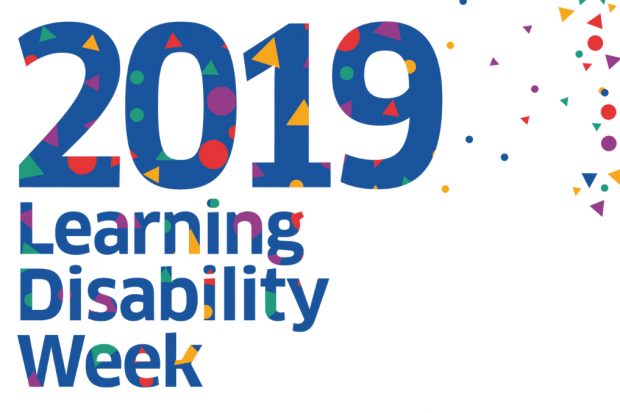 I am delighted the capability statement for social work practice has been published this week to coincide with Learning Disability Week. The principles of human rights, social justice and valuing the dignity and worth of each individual are at the core of social work.
I am delighted the capability statement for social work practice has been published this week to coincide with Learning Disability Week. The principles of human rights, social justice and valuing the dignity and worth of each individual are at the core of social work.
My guest blogger, Becky Reynolds from the British Association of Social Workers (BASW) writes about the approach and work undertaken to develop this important statement.
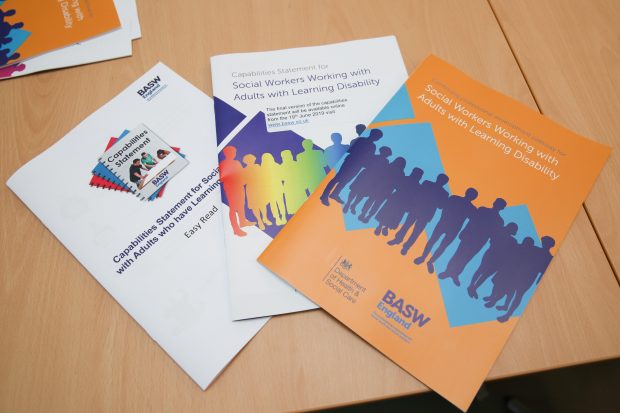
A framework for better support
It’s Learning Disability Week 2019 - the perfect time to launch a new and innovative framework to support social work practice with adults who have learning disabilities.
The Department of Health and Social Care commissioned BASW in partnership with Research in Practice for Adults (RiPfA) to develop a capabilities statement and continuing professional development pathway alongside associated resources. It is landmark guidance filling a longstanding gap in this vital field of social work.
It’s been an honour to support the development of these frameworks through co-production between adults with lived experience, their family, friends and carers, social workers and wider stakeholders.
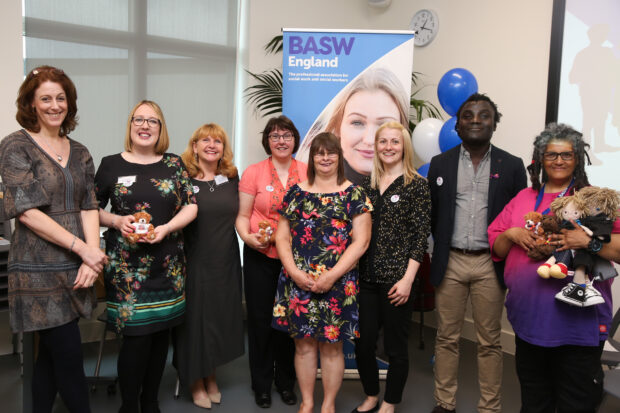
Keeping it person-centred
Throughout this process, the voice of lived experience has been at the centre of our work. Jill, a steering group member, reflects on her involvement:
“I thought this could be really hard as I don’t read or write so well and might not understand … but the steering group was really good and everyone helped each other to understand what was happening.
“We were allowed to say what we wanted, even if that was hard for people to hear. In the past people have stopped us as they don’t want to hear these tough things.”
Jill’s honest and open feedback highlights the importance of partnership and the need to truly listen to people’s experiences.
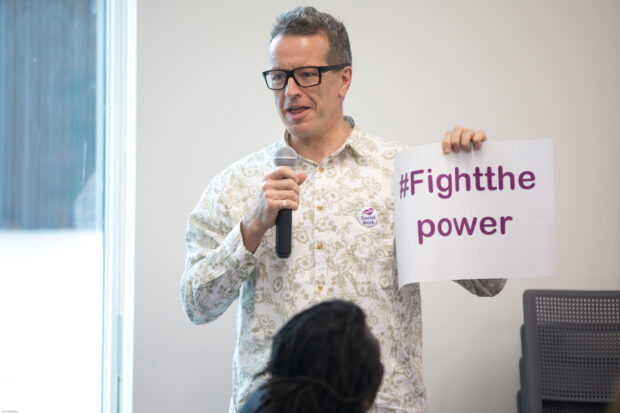
A journey of discovery and improvement
We heard examples of best social work practice but also about the times we may not have got it right. I and other members of the steering group have found this to be an enlightening and powerful journey, leading us all to reflect on the full span our social work practice – collectively and as individuals.
Throughout the project, adults with lived experience emphasised the importance of social workers values, ethics and personal behaviours. This means social workers need to be human, not act like robots and be kind, open and honest.
Adults with lived experience, carers and social workers all joined together in identifying that building lasting and trusting relationships is the most important aspect of the social work role.
Communication is a vital part of all relationships. Alongside the rest of the steering group, I was introduced early in the project to a ‘jargon buster’. Jill explained its purpose was to “recycle jargon so that people with learning disabilities know what is being said about them.”
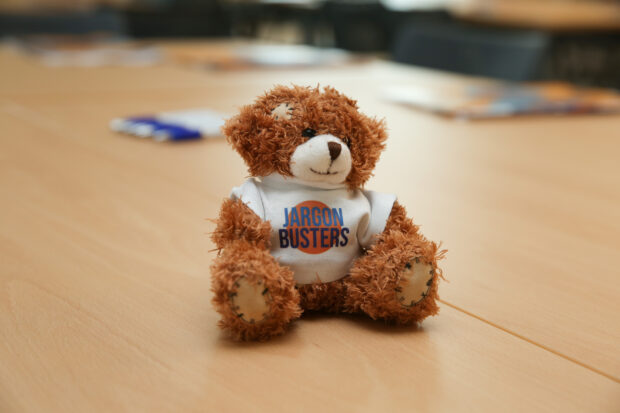
Plain English? Bear with us...
In steering group meetings, the ‘jargon buster’ challenged any language which wasn’t simple and clear – this has been a powerful and effective way for the group to think about the language used.
We urge all social workers to have their own ‘jargon buster’ to ensure communication is clear and accessible for all.
The next challenge for us all is to use these frameworks to underpin social work practice with adults who have learning disabilities. We must commit to do this individually, in teams and organisations and on a national level. We must work together to change the future.
Maris Stratulis, National Director BASW England says:
“It has been a great journey and privilege to work with so many stakeholders in the development of these co-produced resources. We must listen to the voices of people with lived experience, their carers and families.
“It is now time for action and to truly embed and implement these resources of excellence into direct practice and continuing professional development.”
About Becky Reynolds
Becky is a Professional Officer for the British Association of Social Workers.
She has been part of the team facilitating the development of the Capabilities Statement and Continuing Professional Development Pathway for social work with adults who have learning disabilities.
Leave a comment